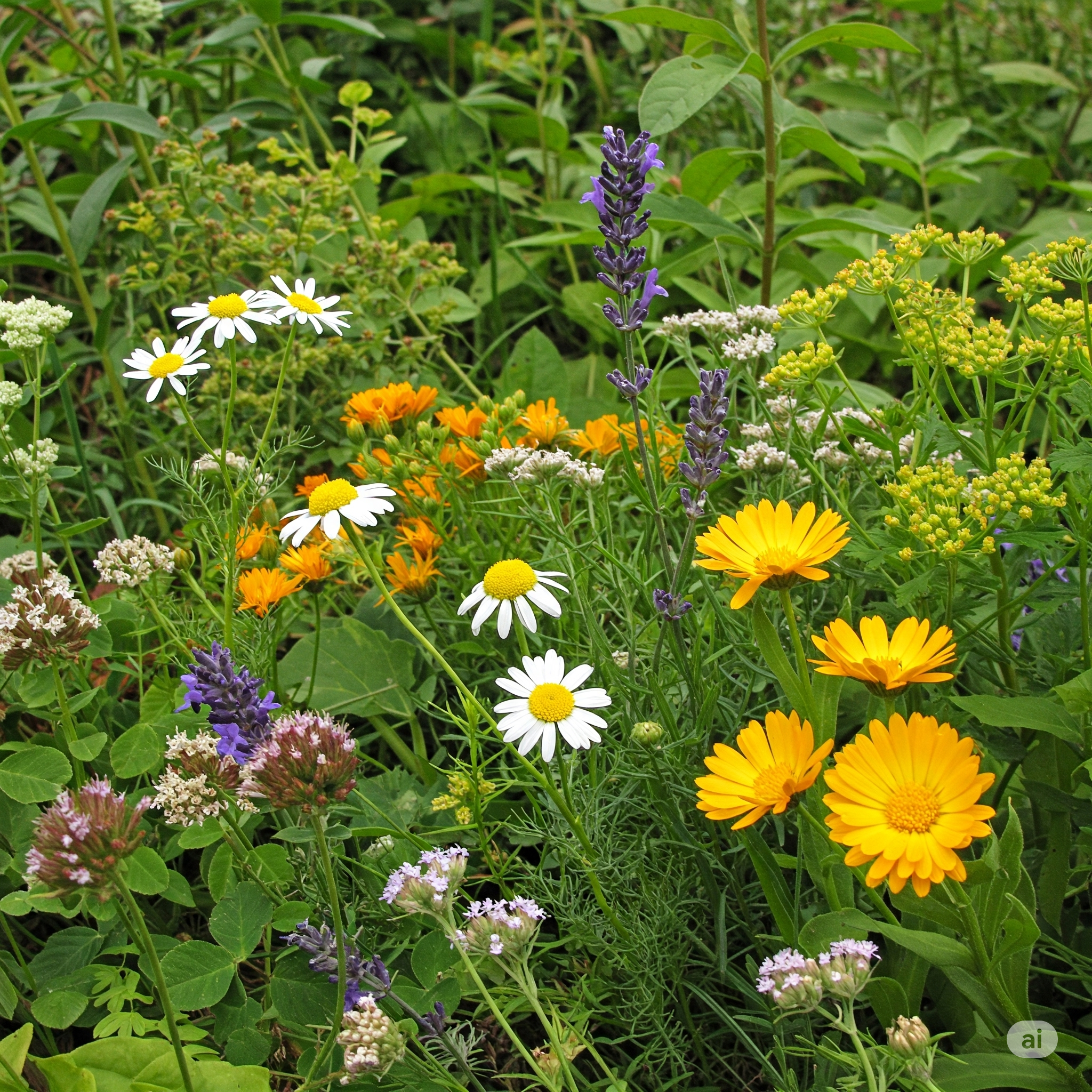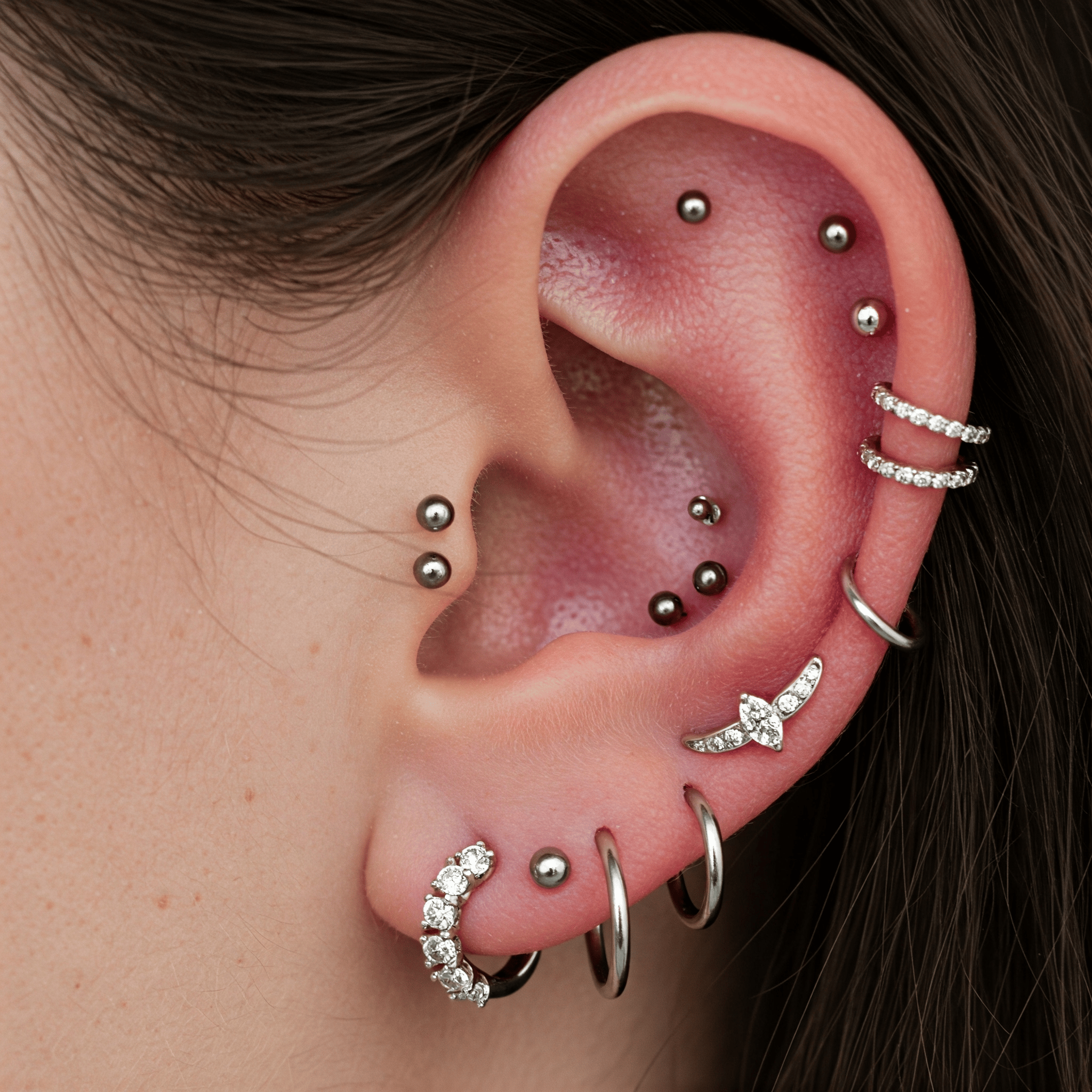

Text by Frances Lefkowitz
By all appearances, I’ve had a productive day. I checked off more than half the items on my to-do list, returned phone calls, and figured out why the hall lamp wasn’t working.
But instead of accomplishment, I feel emptiness. I took care of the small stuff, but what I avoided was the big stuff: those wispy, unformed ideas in the back of my mind about the novel I’ve been working on for years, about my dream to live in South America, about topics for the writing workshop I’ll soon be teaching to a class of eighth graders.
I frittered away my brainpower on everyday problems because they felt safe, solvable, and significant — those bills do have to be paid, after all. I had no space left for things that really matter to me, the ideas that need time and wonder to come to fruition.
“Almost nothing beautiful or brilliant happens unless a person has thought about it a lot,” says
Eric Maisel, Ph.D.
, a creativity coach and psychotherapist. In his newest book, “Brainstorm: Harnessing the Power of Productive Obsessions” (New World Library, 2010), he makes the case for losing ourselves in big ideas.
Maisel, who has written more than 20 books on the creative process, says that people tend to “waste their brains” worrying about the little things, growing numb with distractions, and feeling spent — with not much to show for it.
The antidote, he says, is to shift some of our focus from the thoughts that are concrete but necessary toward the ones that are inchoate but inspiring. The reward for giving in to inspiration is a sense of fulfillment, purpose, and passion … and maybe a novel, rock opera, or plan for a new business.
How to Be Obsessive-Propulsive
After decades of working with artists and studying their behavior, Maisel realized that something very much like obsession was at the heart of the creative process. When he enlisted test subjects to obsess on purpose, he found improvements in their concentration, capacity for tackling big projects, and ability to solve problems — artistic, personal, or professional.
And so, he reasoned, by giving our creative impulses time and space, they can develop into what he calls a productive obsession — something you choose to engage in because it fascinates you and ultimately leads you to create something (a documentary, a street fair, a screenplay).
Most of the time — and for good reason — obsession is word that has negative connotations, but in controlled bouts it’s like falling in love: It can be exciting and can help hone your focus. What if, instead of spending most of my waking hours consumed by calls, e-mails, or negative thoughts (I wonder if she’s mad at me), I let myself obsess about my novel? It just might get written.
“Once you can maintain interest in something, investigate it, and fall in love with it, you find that life is richer and more meaningful,” Maisel says.

























